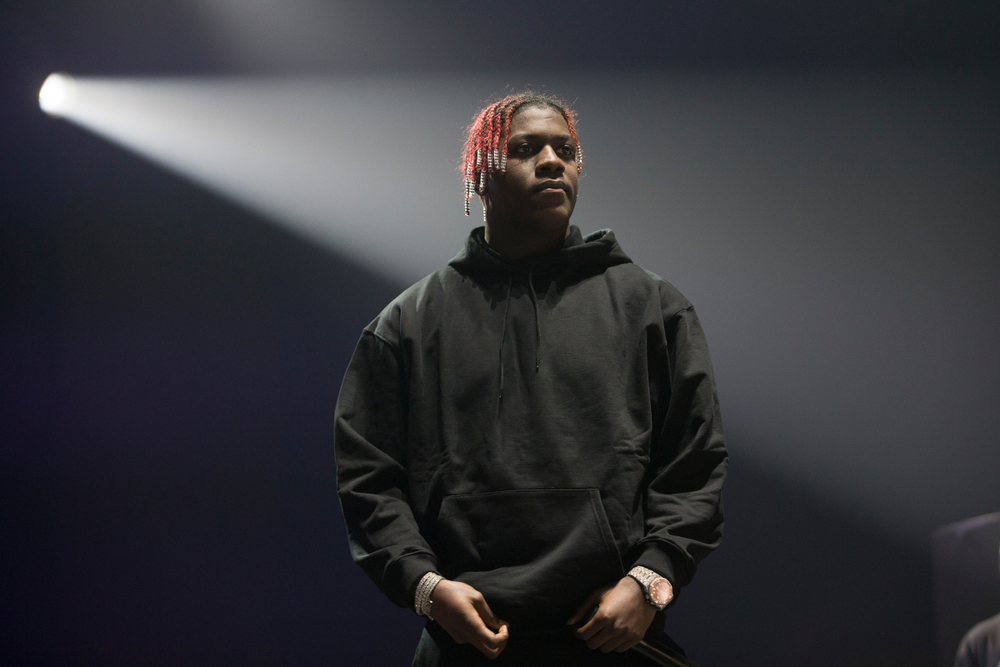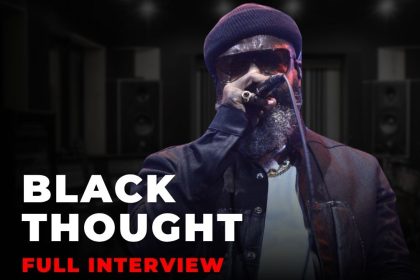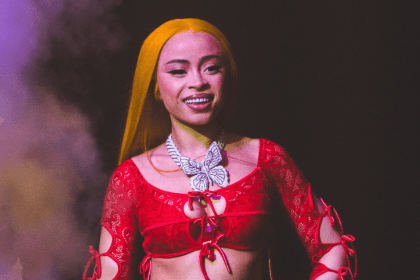The atmosphere at ComplexCon 2024 turned electric when Lil Yachty stepped onto the “Sneaker of the Year” panel stage to address mounting criticism of his Nike Air Force 1 collaboration. The Quality Control artist found himself defending not just his sneaker design, but his very credibility in the sneaker culture sphere after pointed criticism from industry insider Bimma Williams. The tension in the room was palpable as Yachty stood his ground, armed with 15 years of sneaker knowledge and a passion for the culture that predated his fame.
Roots of the controversy
The conflict ignited when Williams circulated footage questioning Yachty’s hip-hop knowledge, specifically highlighting the artist’s recent first-time experience with Jay-Z’s legendary albums Reasonable Doubt and The Black Album. This critique expanded into a broader questioning of Yachty’s authenticity in sneaker culture. The controversy quickly escalated beyond a simple design critique into a heated debate about cultural gatekeeping and the prerequisites for creative collaboration in the sneaker industry.
Digital fallout and community response
Social media platforms erupted with divided opinions following the heated exchange. While some supporters rallied behind Yachty’s authentic response, others viewed his reaction as excessive. The debate transcended the original criticism, evolving into a larger conversation about gatekeeping within sneaker culture and the legitimacy of artist collaborations. Sneaker enthusiasts and hip-hop fans alike weighed in, creating a digital storm that highlighted the passionate intersection of these two cultures.
Cultural intersections and authenticity
The controversy highlights the intricate relationship between hip-hop artistry and sneaker culture. As these worlds increasingly overlap, questions of authenticity and cultural understanding become more prevalent. Contemporary artists like Yachty face unprecedented scrutiny as they navigate multiple cultural spaces, from music studios to sneaker design rooms. This intersection raises important questions about who has the right to participate in and contribute to various aspects of street culture.
Industry evolution and artist branding
The incident reflects broader changes in the entertainment industry, where artists must diversify their portfolios beyond music. Brand collaborations, especially in the sneaker market, have become crucial components of artist development. Yachty’s experience illustrates the challenges artists face when expanding their influence across different cultural domains. The evolution of artist branding has created new opportunities but also new battlegrounds for authenticity and credibility.
Future implications and industry impact
This controversy may reshape how the industry approaches artist collaborations and cultural authenticity. The incident has sparked crucial discussions about gatekeeping in creative spaces and the evolving nature of cultural expertise. As brands continue to seek artist partnerships, the balance between commercial success and cultural credibility becomes increasingly important. The sneaker community’s response to this incident may influence future collaborations and how artists approach these opportunities.
Moving forward: A new era of collaboration
The controversy surrounding Yachty’s Nike collaboration represents a pivotal moment in the ongoing dialogue between music, fashion and cultural authenticity. As the dust settles, the incident serves as a reminder that success in one cultural sphere doesn’t automatically translate to acceptance in another. The experience has opened up important conversations about artistic growth, cultural contribution and the evolving landscape of celebrity collaborations in the fashion industry.
Redefining authenticity in modern culture
This incident has become a catalyst for broader discussions about what constitutes authenticity in today’s interconnected cultural landscape. The traditional gatekeeping mechanisms are being challenged as new generations of artists and creators bring fresh perspectives to established industries. Yachty’s experience may help establish new paradigms for evaluating cultural contributions and collaborative legitimacy in the future.















